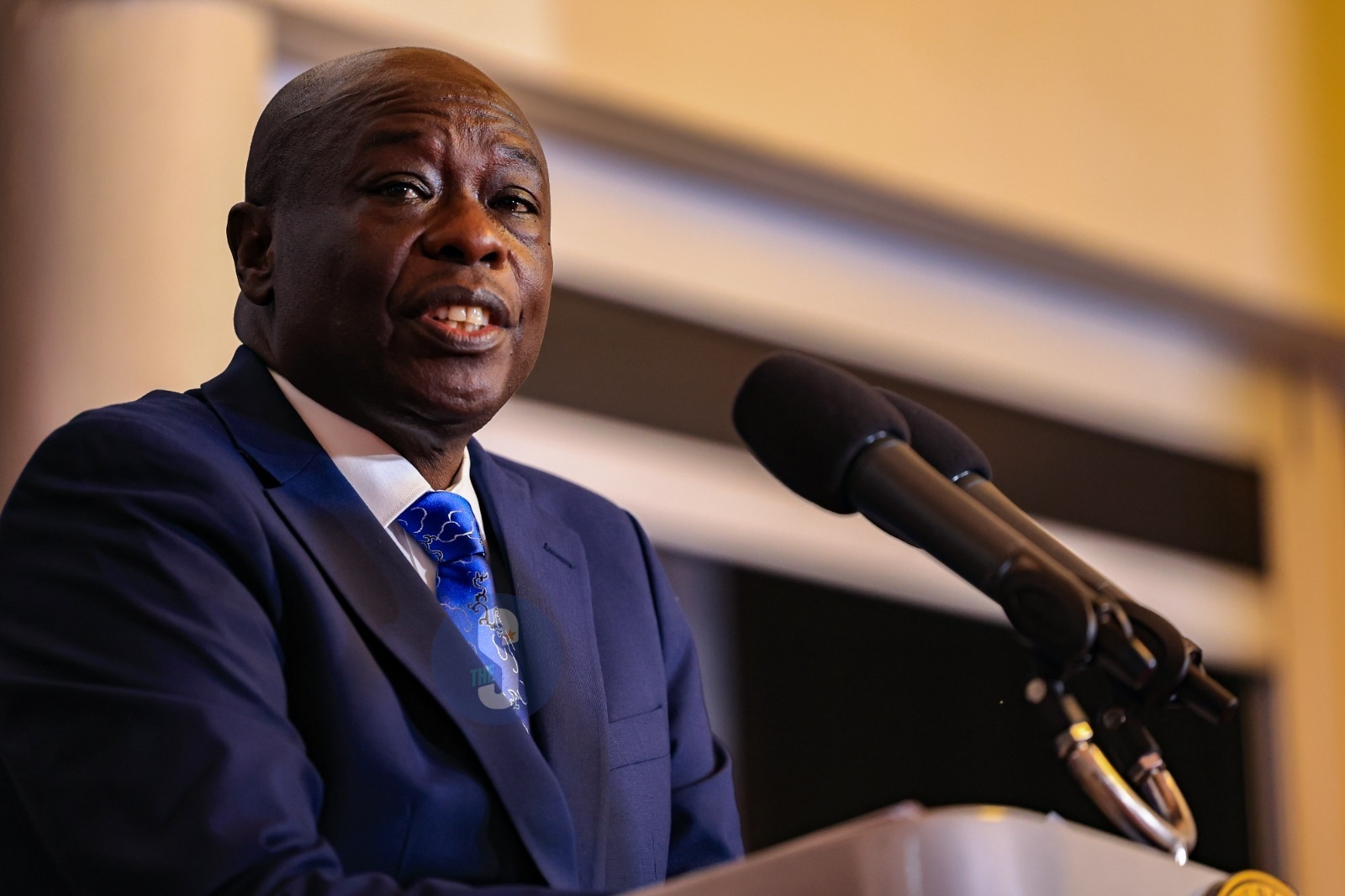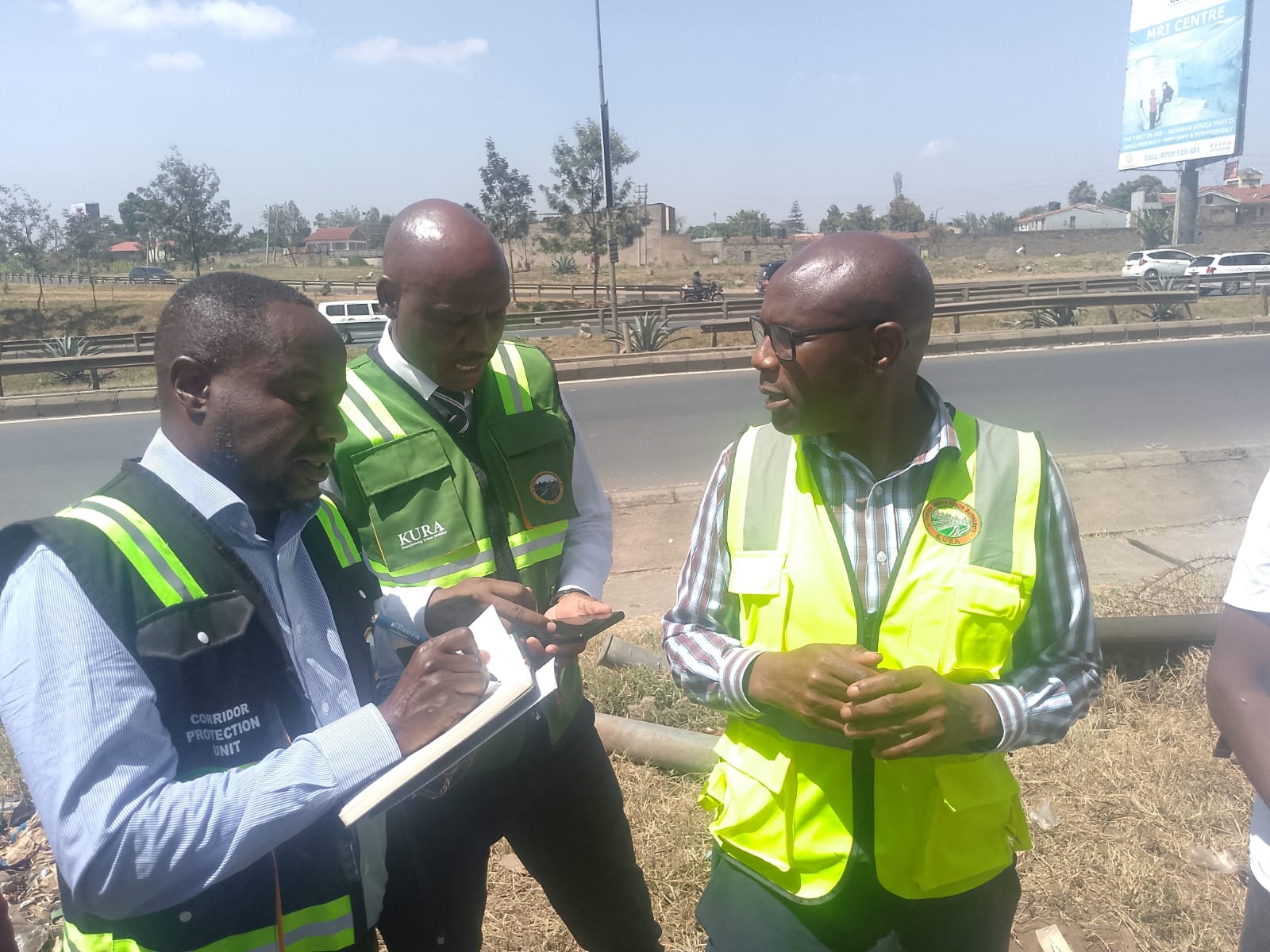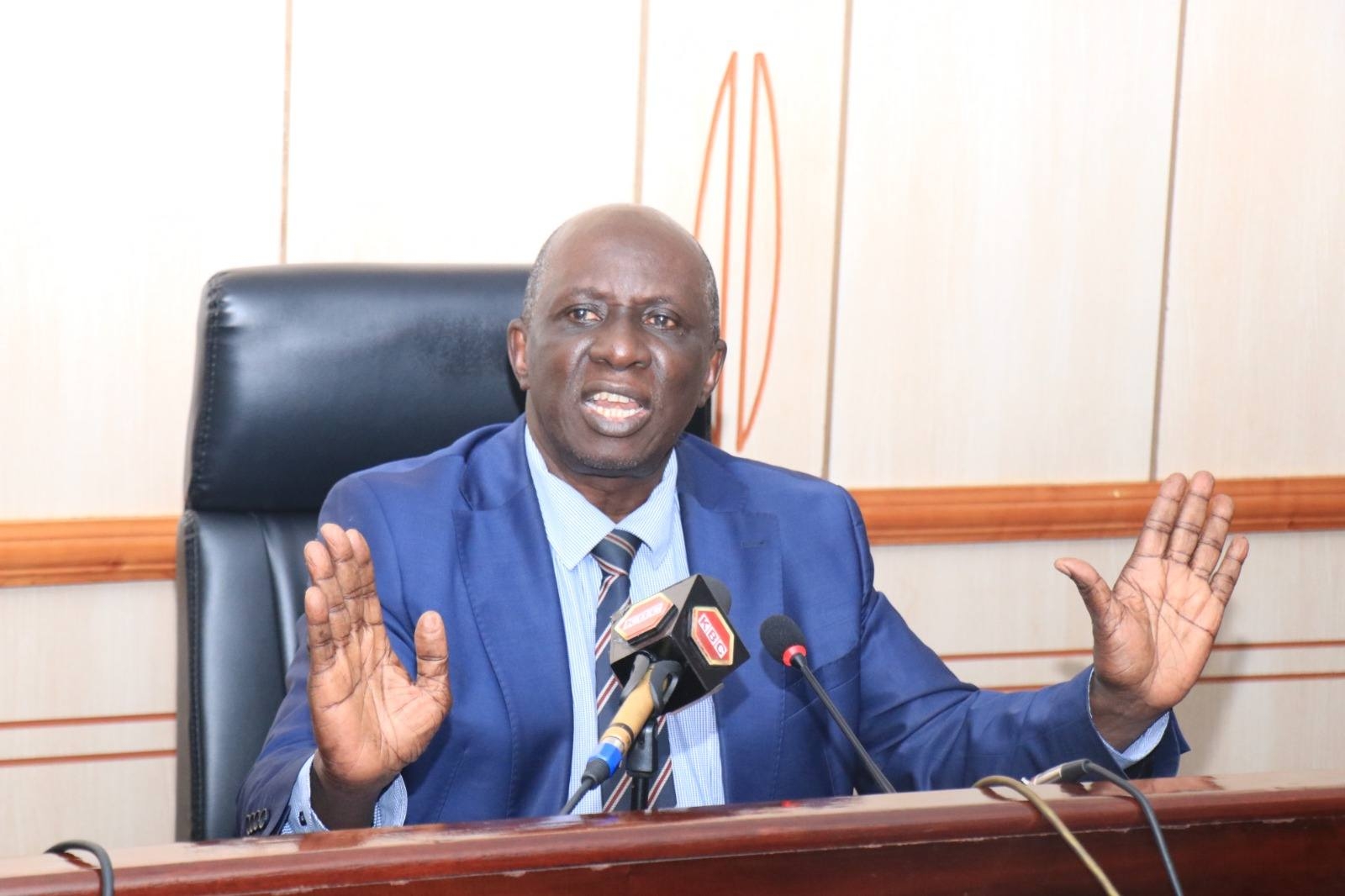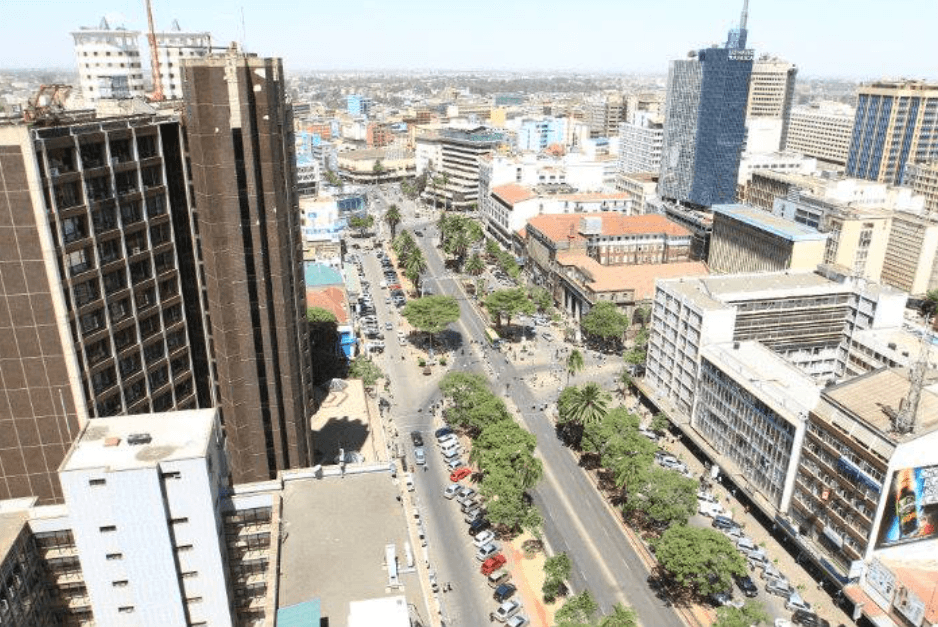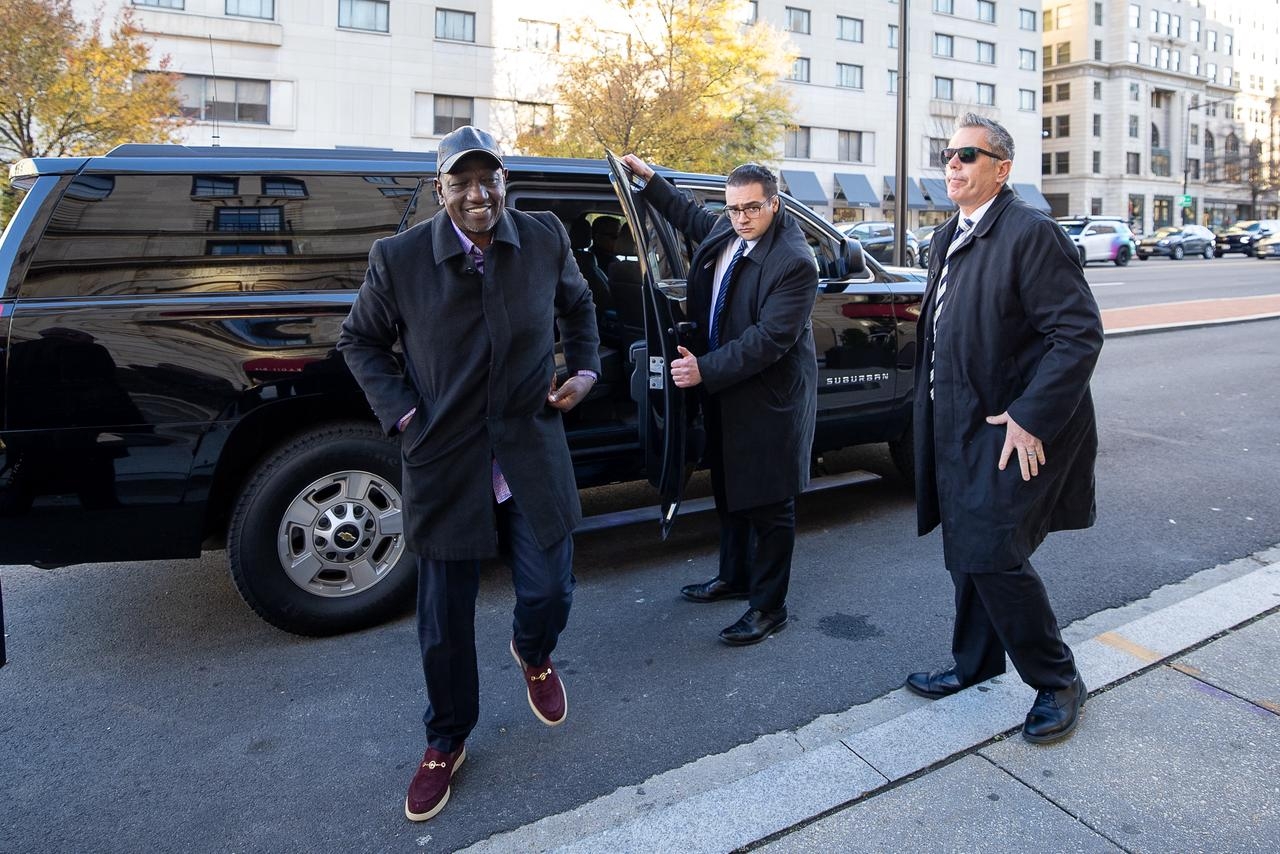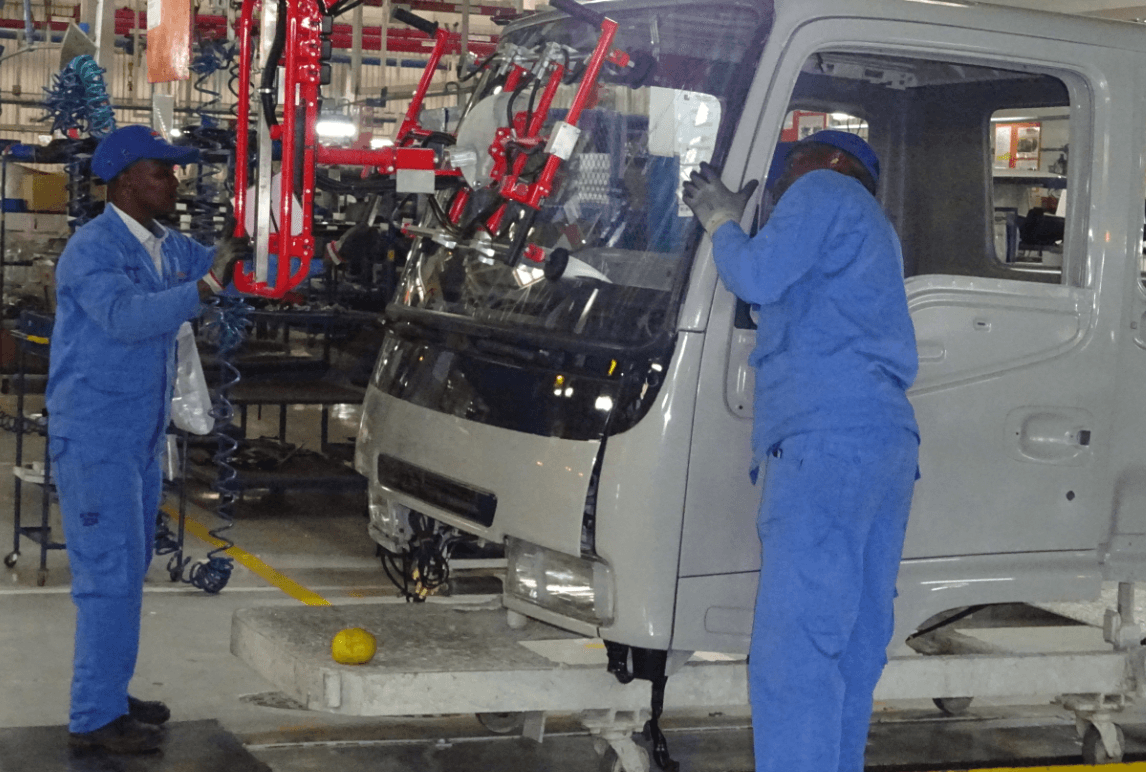Vihiga resident Simon Angoya says it took him time to recover from the “total hell” he underwent 14 years ago at the height of the 2007-08 post-election violence.
The father of five, 52, was reduced from a council worker in Nakuru to a beggar in his rural village after fleeing for his life as Kenya descended into an orgy of tribal killings, rape and destruction.
Politicians, however, were safe as the country burned despite being “the genesis of all problems”.
Subsequent elections have been relatively peaceful, and Angoya encourages Kenyans to exercise their democratic right this year, too, as he also intends to.
But he is wary of how the fight for power by leaders can be personalised by Kenyans and warns that the country is still volatile.
“Currently, we are seeing people aligning with Deputy President William Ruto and ODM leader Raila Odinga,” Angoya told the Star at his home in Ebwiranyi village, Luanda.
“If the two groups are not well managed, they will land us in problems, and we are praying that should not be the way to go.”
In November, Ruto's convoy was stoned in Kondele, Kisumu, as was his meeting at Jacaranda, Nairobi, in January. Raila's helicopter was stoned last week in Soy, Uasin Gishu, with the incidents pointing to increasing polarisation in the country.
Angoya said politics before 2007 was relatively peaceful.
“Though in 1982, the nation experienced some political instability, and again in 1992 as people struggled for multipartyism, it was not as bad as it was in 2007-08,” he said.
“The political environment started taking a different direction, and 2007-08 was the worst year.”
SCARS OF DISPLACEMENT
Recalling how the post-election violence left him homeless, jobless and in financial ruins, he says he dropped from grace to grass, and his children’s education was cut short.
Angoya says he was an employee of the now-defunct Nakuru Municipal Council at the time.
When the violence erupted, his belongings were burned to ashes as he watched helplessly in Ronda estate, Nakuru. Every item he had went up in flames.
He says what mattered most then was his life.
“The most painful part was that my wife and kids were banking on me, yet I was just there like a pole, incapable of doing anything,” Angoya says.
“I had nobody to turn to for help as everyone was seeking refuge. I got myself in one of the Internally Displaced People’s camps.”
The camp was a compound of the Happy Church Shabal. His family could not, however, access food, water and bedding.
“My biggest concern was about my children and wife, who survived in the same clothes. It was all about wash and wear.”
Red Cross came to their rescue on the second day at the camp and supplied food. Angoya says they were fighting for survival.
After a week, the IDPs were transferred to a checkpoint, where they were put in tents under tight security.
He says many people lost lives in camps because of hunger, lack of medication and depression.
You can imagine starting a new life like a newborn baby when you have a wife and children. I had to become a beggar in the village for a couple of days
STARTING FROM SCRATCH
At the checkpoint, Angoya's children started developing complications that needed medical attention.
“Accessing medical services and food that was being distributed by Red Cross was a problem,” he says.
All this while, he kept thinking about his rural home. “Now that I had lost everything, what was in my mind was how I would make it to my home. Considering the situation at hand, that was the only place my family would be safe.”
Now that security forces had started calming things, he planned to move.
“The situation on the road wasn’t that easy; we were to mobilise ourselves in a group to hire a lorry to bring us to western Kenya,” Angoya says.
“Buses and other vehicles were not moving, so we had only lorries for hire. We had no belongings to load, just us.”
He alerted his family as the plan had to be executed as fast as possible.
After a good number of people willing to flee Nakuru was mobilised, they hired a cement truck that took them out of the area.
“We were many people, some going to Kisumu, others, Luanda, and all the way to Busia,” Angoya recalls.
Upon arrival, however, they had to start from scratch. They had nothing to rely on, much as their safety was now guaranteed.
“You can imagine starting a new life like a newborn baby when you have a wife and children. I had to become a beggar in the village for a couple of days,” he says.
His wife, Janet Atemo, soon became the pillar of the family. She resorted to casual jobs to sustain them, but Angoya then joined her so they could put food on the table.
“I am a trained plumber and can make modern and the old model jikos (stoves), so I started hustling for materials. After casual labour, I would make them at home and give my wife to sell,” he says.
The jiko business started picking up slowly and from 2013, he was able to have enough food for his family. He still makes jikos for sale and provides plumbing services within and outside Vihiga county.
And life moves on, he says.
Currently, we are seeing people aligning with Ruto and Raila. If the two groups are not well managed, they will land us in problems
SEASONAL EVENT
Angoya says Kenyans should know that politics comes and goes, and it should not be a cause for division.
“Election is a day’s event that should not tear our nation apart. Those who can learn from that 2007-08 experience can’t dare think of war at any point,” he says.
He says the genocide in Rwanda is a good example from which people can learn.
He, however, regrets that ignorance has remained Kenyans’ major problem, even among leaders.
“Our politicians should front the interests of Kenyans and not their interest of being in power, and be on the frontline of preaching peace to all people, including their supporters,” he says.
He says poor citizens suffer most when wars erupt, but most leaders are protected despite their differences.
“It’s time we citizens stopped aligning ourselves with certain political camps because they are the genesis of all problems,” he says.
“Voting is a constitutional right. I will do it to elect leaders of my choice, from the MCA, MP, woman rep, governor to president. But those contesting must ensure total peace regardless of election outcomes.”
Weighing in on the political contests, Vihiga Governor Wilber Ottichilo urged the youth not to associate with leaders who manipulate them to cause mayhem either before or after elections.
"Some of you are just told, 'Come, let's go and fight some people here, I will give you something small.' Please tell such people to go with their families," Ottichilo said.
"Tell such people you are here to promote peace and not war. We want a more united Kenya, not a nation split on tribal lines that will ruin our growth."
Speaking at Ebunangwe resort, where he was meeting boda boda operators, he echoed the view that an election is a day’s event, saying it should not be given room to ruin what people have achieved over the years.
Luanda MP Chris Omulele said politics is not an art of war that people have to shed blood for in every transition period.
"Let's also make a different history of having a peaceful transition after the forthcoming election," he said.
"Kenya has been struggling with issues of transition since 2007-08. We can also try and do it differently but that can only be achieved if we become ambassadors of peace," Omulele said.
In a press briefing, Luanda subcounty DCC Benson Aluar said he won’t entertain any aspirant with hate speech.
“Luanda is a cosmopolitan area and we want to take care of the interests of all people with their families and businesses as well,” he said.
“So for those who think they are so powerful to come and create mayhem here, they will get it rough.”
Edited by T Jalio




